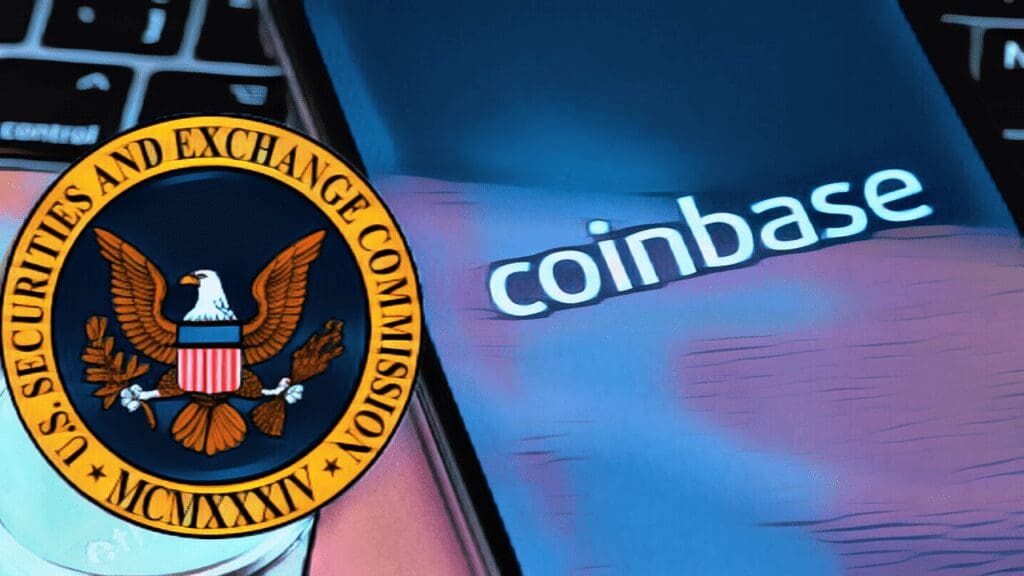As the first hearing since the SEC’s June 6, the conference is expected to be “procedural and administrative,” though it may also provide insight into the tone of the disagreement.
According to legal sources, the pre-motion hearing between the U.S. Securities and Exchange Commission (SEC) and cryptocurrency exchange Coinbase scheduled for July 13 will provide a sense of the nature of the proceeding and its potential effects on the larger crypto business.
The conference is a normal request put forward by any party looking for a decision on a particular topic prior to the trial. It was initially set for August. In this instance, Coinbase filed a motion request in late June. The exchange requests that Judge Katherine Polk Failla dismiss the regulator’s case, which was filed on June 5.
The conference will likely be “procedural and administrative heavily, according to Mark Kornfeld, a securities and regulatory attorney, as it would be the first hearing between the parties.
“Coinbase will try to position this case as one that is ripe for early dismissal on any number of grounds, notably that the tokens are not securities under the Howey test and, as a result, the commission is exceeding its jurisdictional authority,” he continued.
Also Read: Cathie Wood’s ARK Sells 135K Coinbase Shares As The Price Reaches $90
The motion made by Coinbase also makes reference to its 2021 IPO. The exchange claims that the SEC is now pursuing charges for actions that were previously “exhaustively described” to the regulators and the public.
Even though Coinbase’s business activities were known to the SEC, the claim could not have been sufficient to succeed in court. Roland Chase, a corporate and securities lawyer, claims that disclosure-based federal securities regulations regulate the “going public” procedure.
According to Chase, the SEC’s only legally permitted activity is to review IPO documents, offer feedback, and ask questions in an effort to enhance the company’s investor transparency.
Chase also mentioned that Coinbase informed the SEC in its application to go public that it would thoroughly examine each asset before allowing it to trade on its platform to make sure securities were not exchanged.
He said that the SEC “now thinks that Coinbase is, in fact, trading securities on its platform.” “The SEC eventually got comfortable with all this disclosure and cleared Coinbase to go public,” he said. Furthermore, it believes Coinbase offers its own unregistered securities.
Without a compromise between the parties, the case’s resolution could take years.
A prominent instance of this is Ripple’s legal struggle, which has been ongoing since 2020 when the SEC also determined that its token, XRP, was a security. In a recent video regarding the ongoing litigation, the CEO of Ripple, Brad Garlinghouse, stated that the SEC “created confusion about the rules on purpose, and then used that confusion to enforce the rules.”
Read more:

